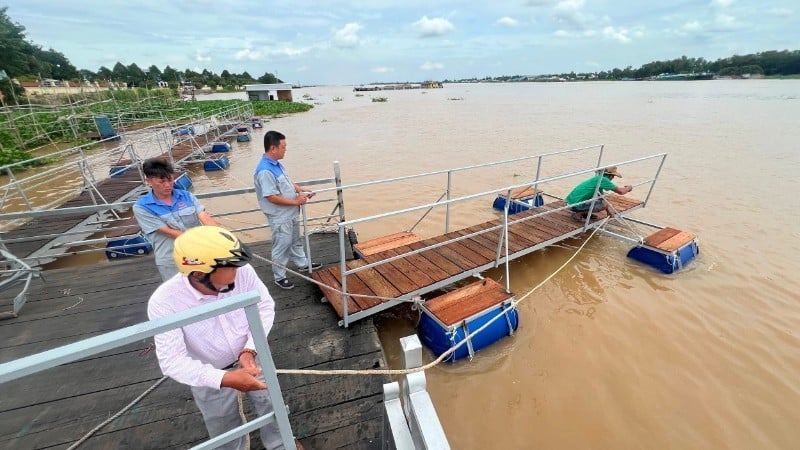
Building pontoon bridges around the communal house river wharf area to both protect fish and create a path for visitors in Dong Thap province (Photo: HUU NGHIA)
The fish are provided with food by the local government and the people, so they are coming in larger and larger numbers. The locality established a community group to protect aquatic resources in Hong Ngu, including representatives of organizations in the ward such as the Women's Union, Farmers' Association, Youth Union, etc., and people to watch over the fish.
The community group used bamboo fences to fence around the river wharf, planted water hyacinths for fish to take shelter; installed surveillance cameras in the area, and arranged for people to stay on duty at night to watch out for people coming to fish.
Authorities also announced a strict ban on illegal fishing in any form in the 3km-long river section where the fish are located.
The skillful mass mobilization work helps local people understand the significance of preserving aquatic resources, so they actively participate in watching the fish and contributing food for the fish. The locality also flexibly opens tourist spots for visitors to visit and feed the fish, thereby promoting awareness of protecting river fish.
The model has attracted attention because in the context of severe climate change, the flood season in the delta is erratic, negatively affecting the migration and reproduction of shrimp and fish. Along with that, the problem of rampant fishing with electric shock and trawl nets has caused the West, once famous as a rice-fish region, to seriously reduce natural fish resources.
National program for protection and development aquatic resources The Strategy for the period up to 2030, approved since 2024, sets out many goals, including conserving, protecting, and regenerating aquatic resources to restore and use aquatic resources reasonably and effectively and efficiently; linking patrolling, inspection, control, and management of aquatic resources with sustainable fishing activities, combating IUU fishing;...
Recently, the provinces of An Giang , Dong Thap, Vinh Long and Can Tho city have released native fish and rare fish into rivers to restore natural aquatic resources, but that is still not enough.
The good model of Hong Ngu ward, Dong Thap province has inspired provinces in the Mekong Delta, depending on conditions and geographical location, to establish community groups and green village conventions to protect fish and create living and breeding space for them. Fish are sensitive to polluted water sources, so wherever there are river fish living in schools, people will feel more secure about it. clean water source
Natural fish conservation has been carried out in many places in the past. For example, in 2000, scientists from Can Tho University built a natural fish conservation area in Nga Ngay canal.
Initially, people opposed the project, but after a long time, they were surprised to realize that more and more natural fish were coming to the canal, swimming in schools. The good thing about the project is that it inspires people to be in harmony with nature. Farmers whose fields are near Nga Ngay canal change their farming methods and grow clean rice. Wastewater from the fields flowing into the canal does not carry excess fertilizers and pesticides that pollute the water source used for daily activities and drive away fish.
In An Giang province along the Hau and Tien rivers, there are many schools of fish that come to the river ports of the people to take shelter in the large river canals. The river port owners do not chase or catch them, but send out signals to attract the fish. Unfortunately, some localities have not paid attention to or supported the fish, leading to people coming to catch them. The fish owners cannot stop them, so in the end the fish are caught and get caught in the net, so they panic and leave. This shows that building a natural fish school is not difficult, the important thing is how to create connections to create a safe living environment for them.
The joint efforts and hearts of the community and most importantly, propaganda to help people understand that not overfishing and protecting river fish will preserve a resource for future generations.
Source: https://baolangson.vn/net-dep-van-hoa-ung-xu-voi-thien-nhien-5053575.html


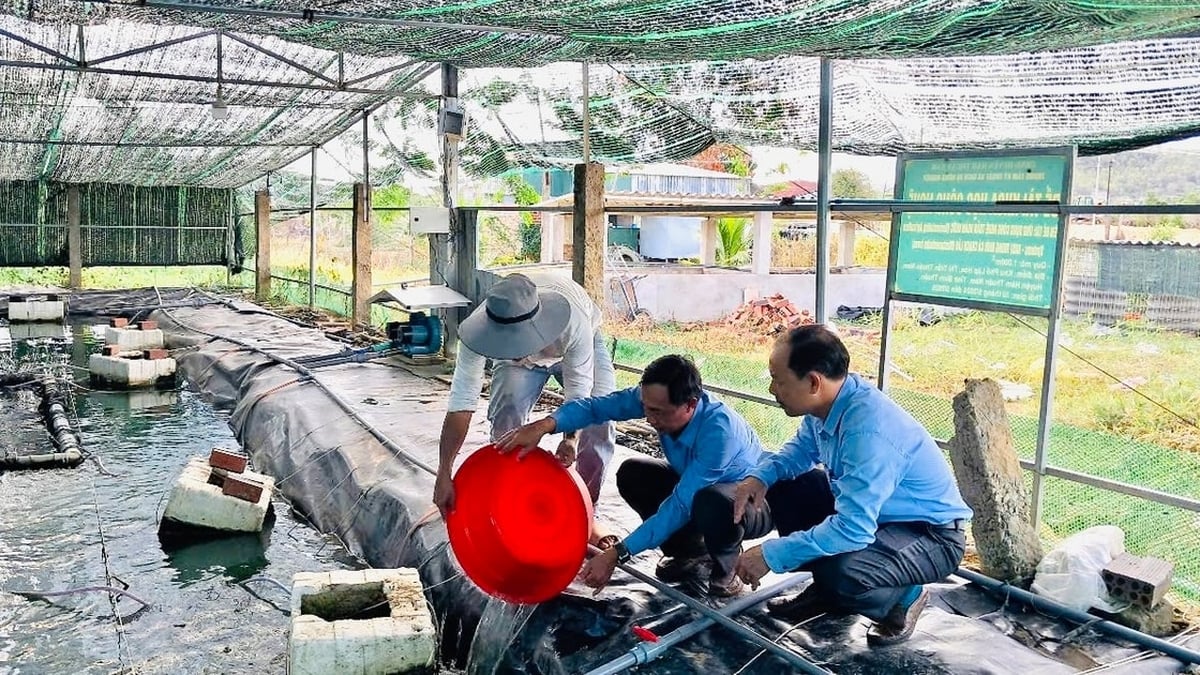
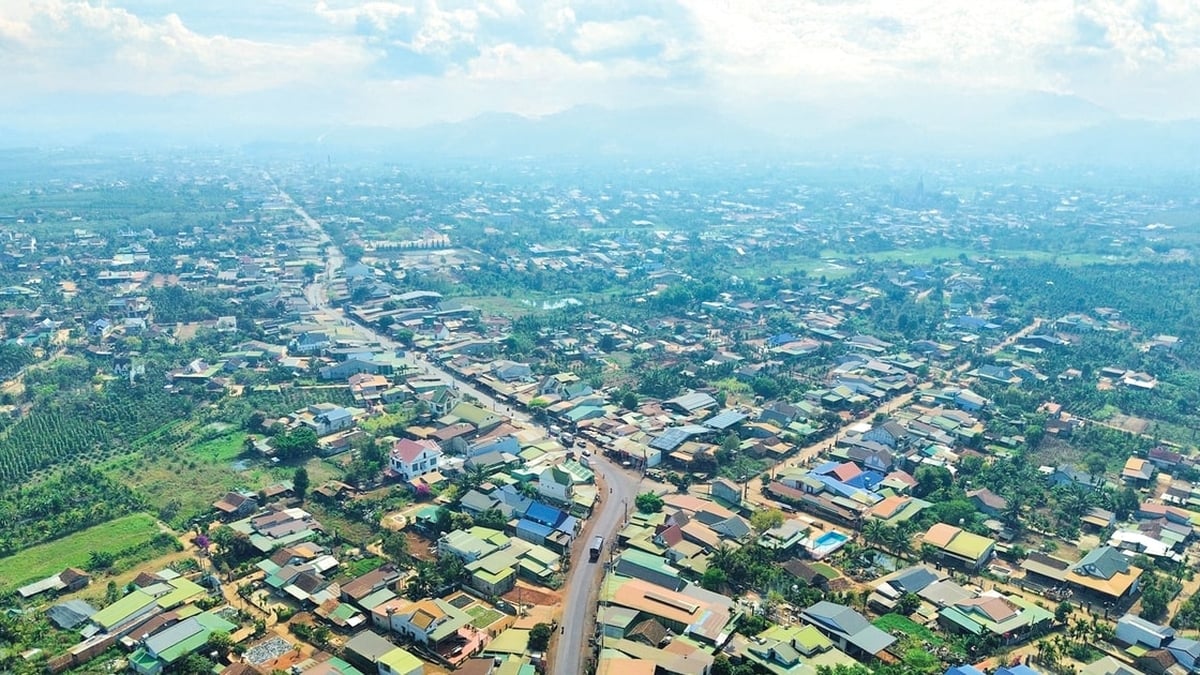
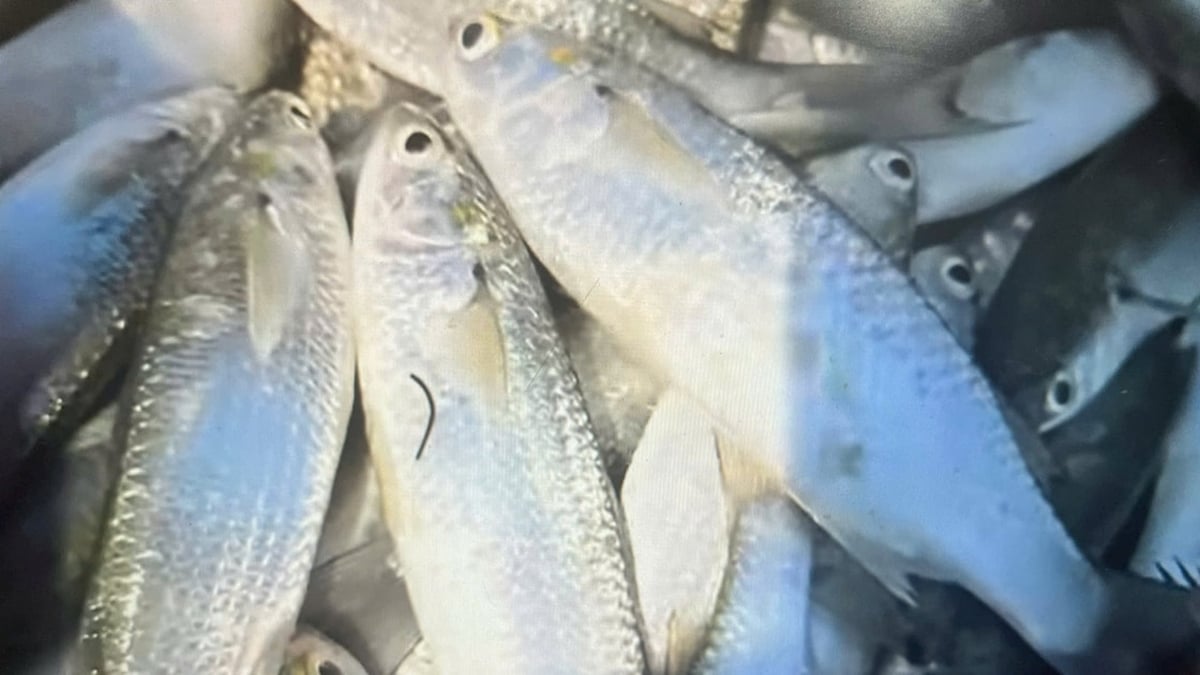
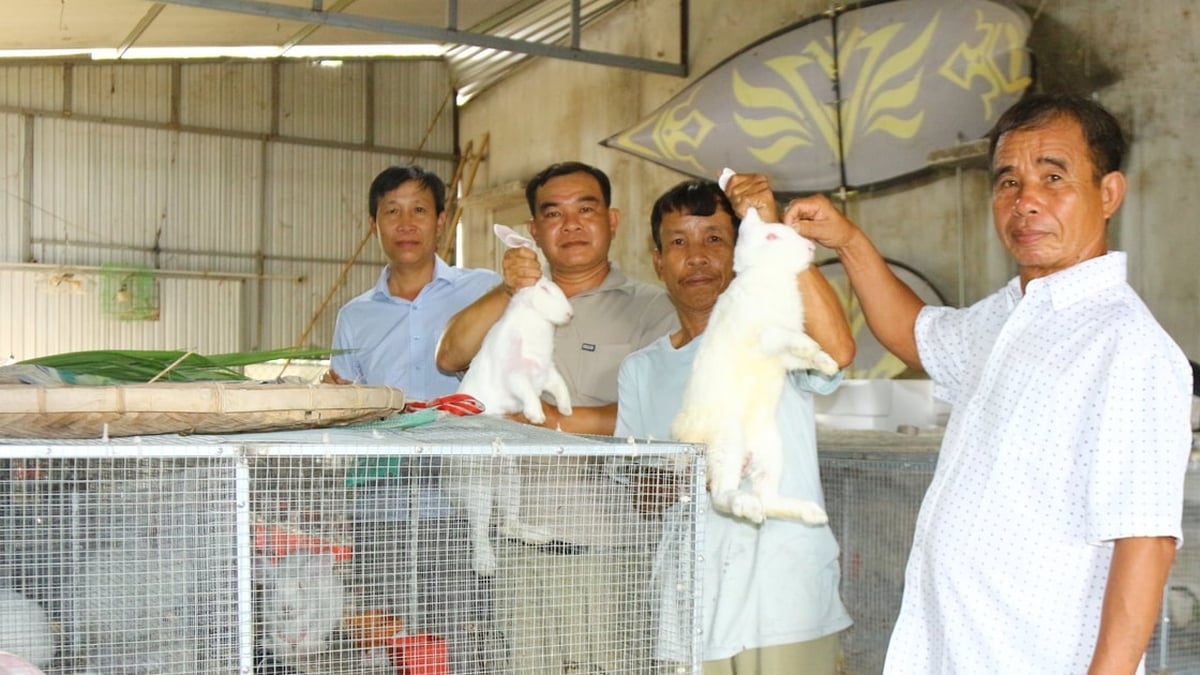
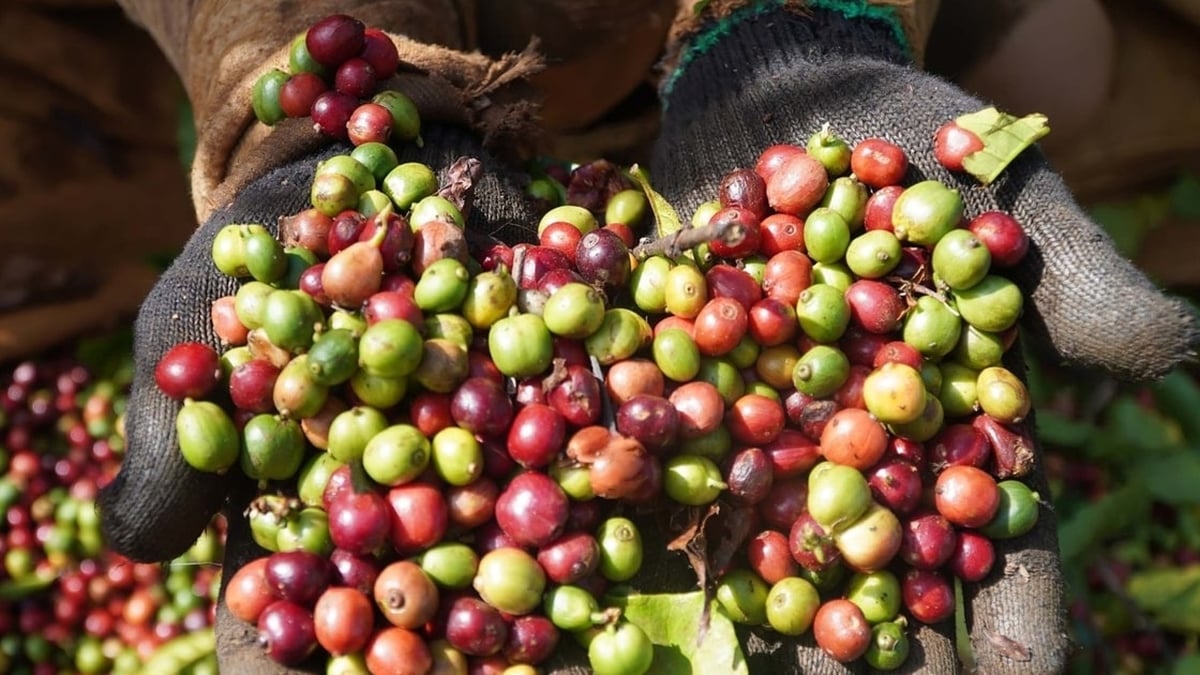
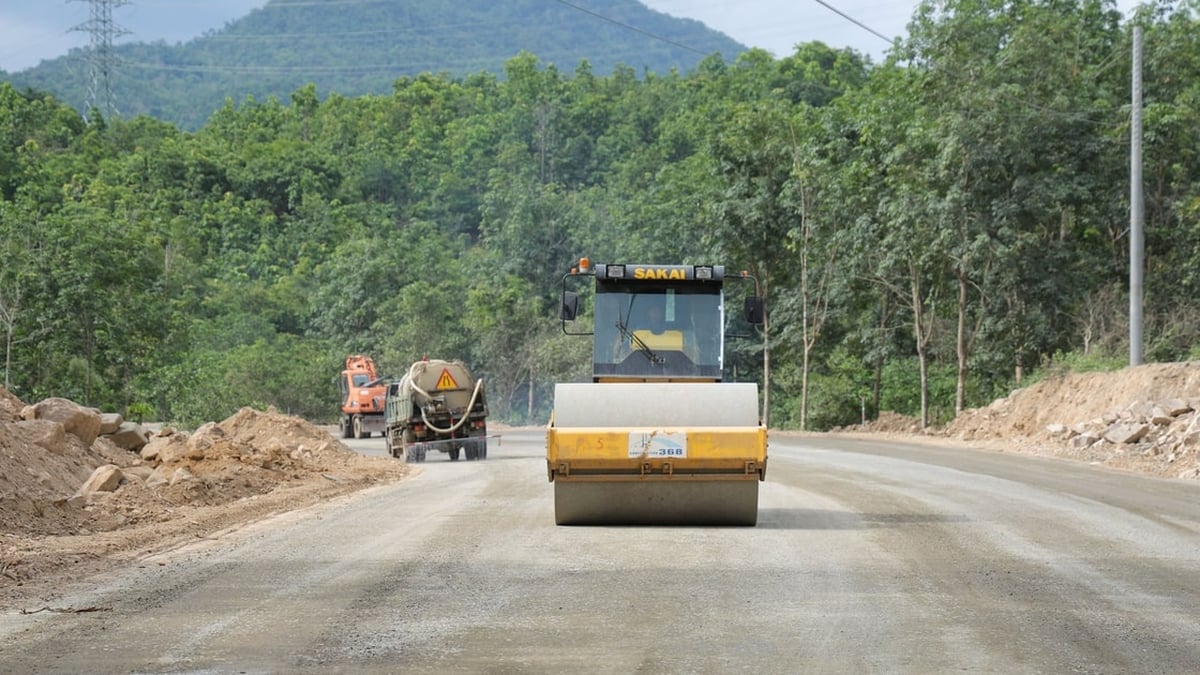
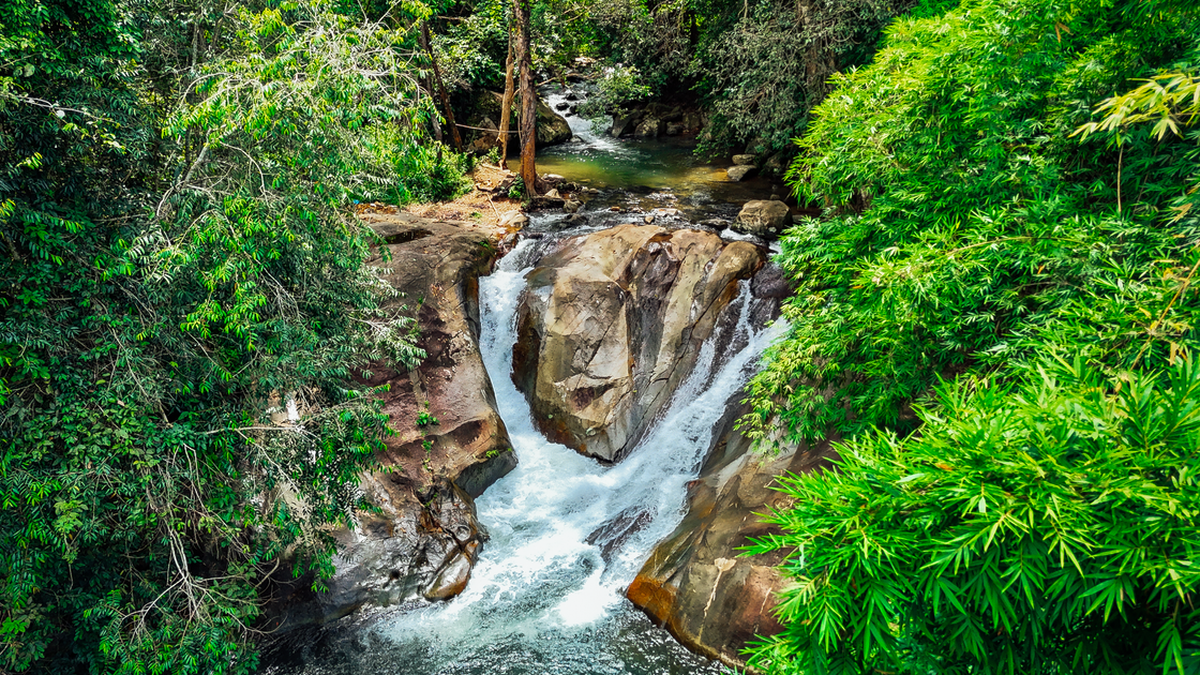
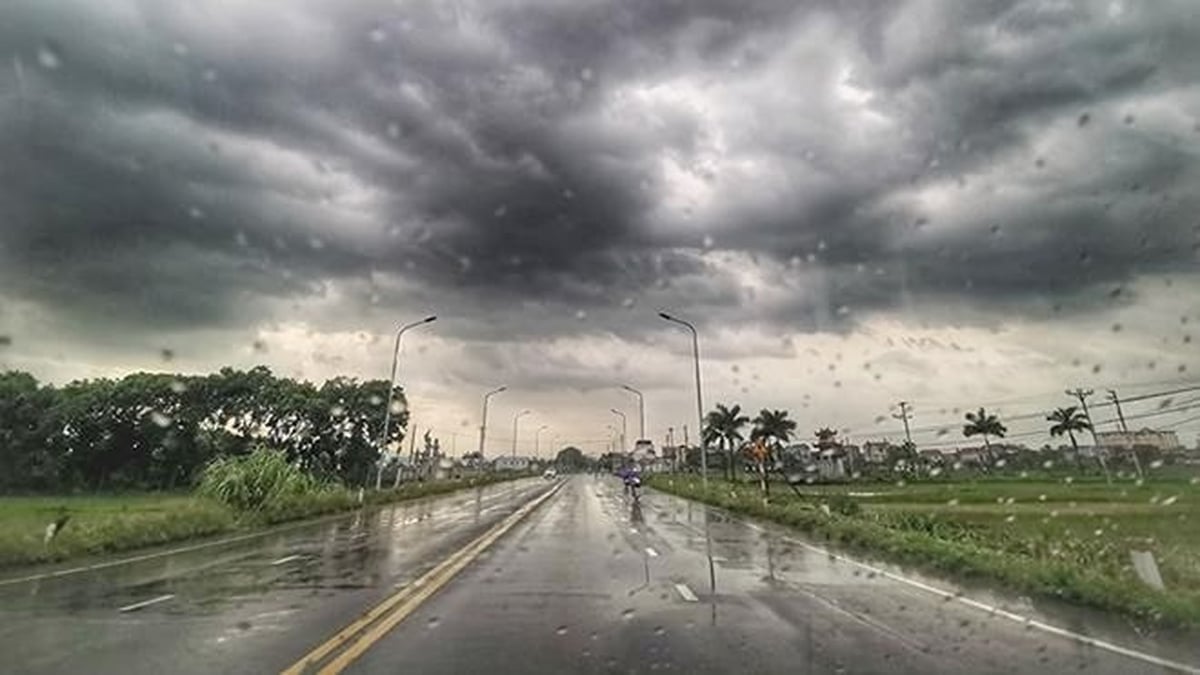
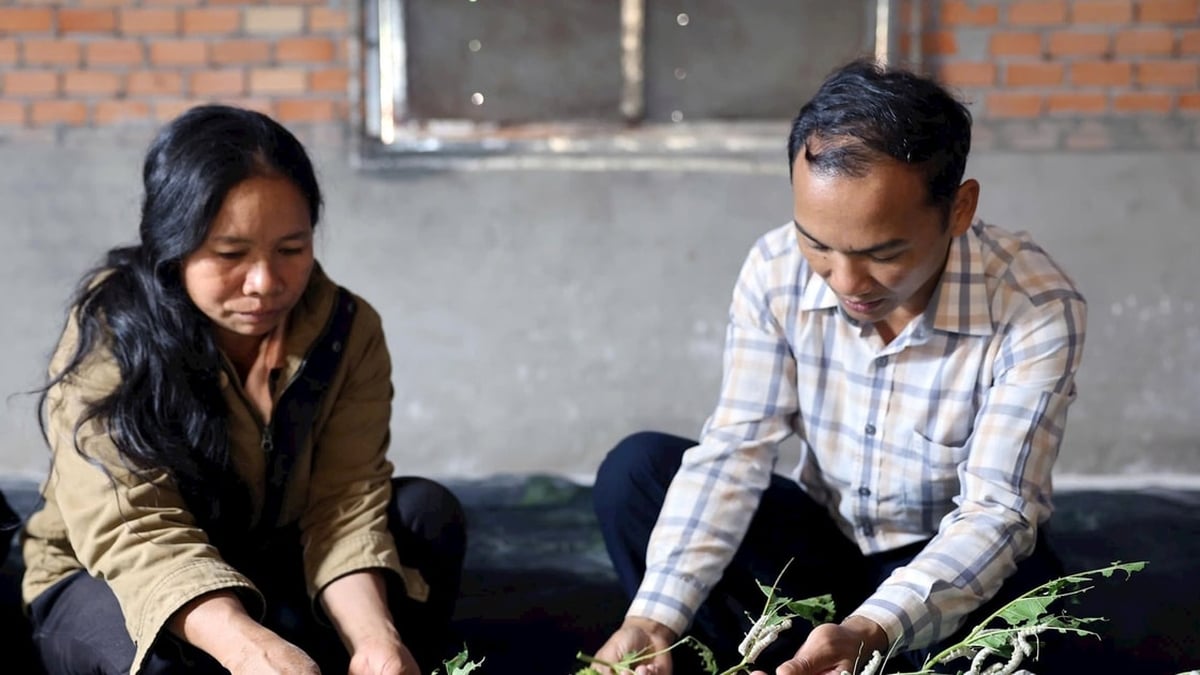























































































Comment (0)